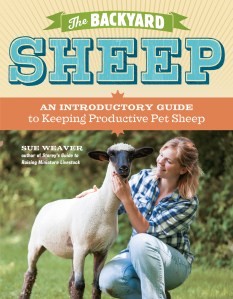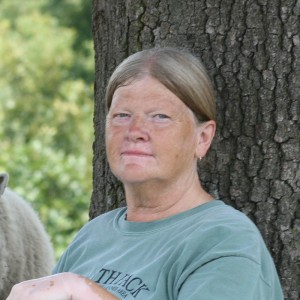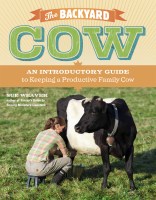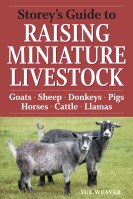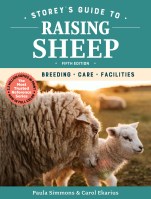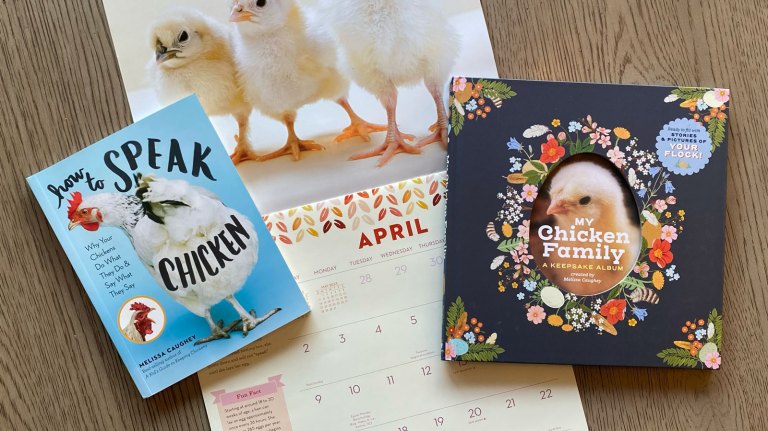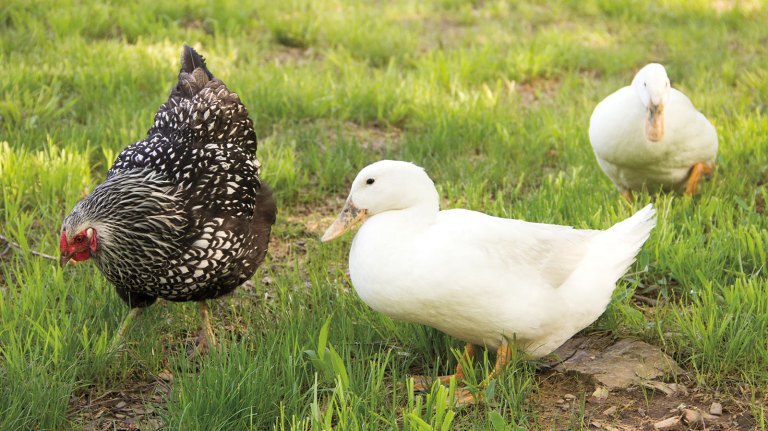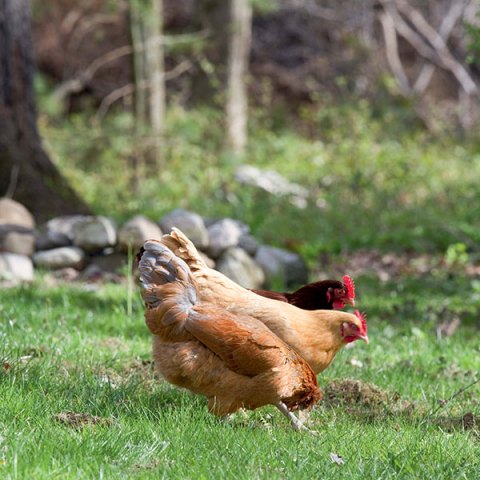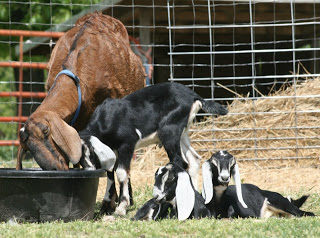Sue Weaver: Death and New Beginnings
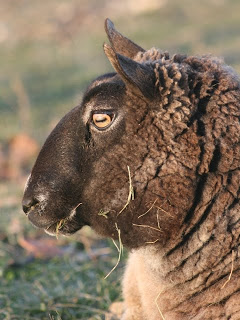
It’s Sunday evening, January 24, as I write this. It’s been a week of drastic ups and downs.
In my last blog entry, I spoke of Baasha, my much-loved granny sheep, and how I dreaded seeing her end draw near. It came on Wednesday, all too soon, and she didn’t leave this life all alone.
I have — or had — three elder sheep: Baasha; her daughter, Rebaa; and an ancient, arthritic, 300-pound Hampshire wether named Dodger. On Monday Dodger couldn’t heave himself onto his feet without help, though he managed when given a hearty boost. Tuesday he seemed better, but by Wednesday morning he’d stopped trying and refused his feed. Quickly, unexpectedly, in a few short days, Dodger lost his will to live. So on Wednesday morning he and Baasha began their journey to wherever good sheep go when they die. They both had lived long, productive lives.
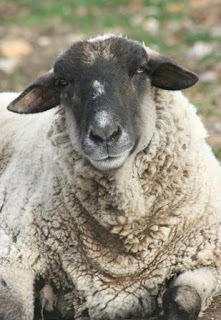
Dodger was a club lamb in his youth. He belonged to a boy who raised him to show in 4-H, and at fair’s end, when club lambs are traditionally auctioned for meat, the boy turned in his ribbons, packed up Dodger, and took him home. Dodger was that kind of sheep.
Then he became an actor, part of the cast of The Witness, a musical production depicting the life of Jesus Christ, held in Hot Springs, Arkansas, throughout the summer months. In time Dodger and his companion, Angel, were bumped from the cast by a camel and retired to a home where they were pets. We’d recently moved to Arkansas when we heard the pair needed new digs, so we volunteered, and they moved in to stay. That was six years ago. Angel, though aged, is a Wiltshire Horn, a rare breed noted for its longevity. Hampshires are a meat-breed sheep not selected to live donkey’s years, so at ten years old, Dodger was a venerable Hampshire.
While he doesn’t leave behind the legacy of generations of progeny in the way that Baasha does, Dodger led a long, illustrious life for a sheep. He was kind and gentle and never met a cookie or corn chip he didn’t like — Dodger was a good old boy. He and Baasha now lie together in a sweet spot under a stand of oak trees near our pond. They loved oak leaves, and now their bodies will nourish the trees that Baasha and Dodger loved.
That same sad evening at nightfall, the spring peepers that live in our pond commenced singing their froggy serenade for the first time this year. As one phase passes away, another begins. Baasha’s latest batch of grand- and great-grandsons and -daughters will arrive in a few short months, and today my future breeding buck was born. I’ll be picking him up Wednesday morning, almost exactly one week after the old ones’ passing.
As everyone who has ever loved an animal knows, loss is the price of holding four-leggeds dear to your heart. Rest in peace, old friends. You were loved.
Sue Weaver sold her first freelance article in 1969. Since then her work has appeared in major horse periodicals, including The Western Horseman, Horse Illustrated, Chronicle of the Horse, Flying Changes, Horseman’s Market, Arabian Horse Times, The Appaloosa News, The Quarter Horse Journal, Horse’N Around, and The Brayer. She has written, among other books, Storey’s Guide to Raising Miniature Livestock, The Donkey Companion, and Get Your Goat! to be published in 2010. Sue is based in the southern Ozark Mountains in Arkansas.
Raise a flock of sheep in your backyard. Even with a limited amount of space, you can enjoy homegrown fleece and fresh milk, as well as the endearing company of these family-friendly animals. Sue Weaver provides all the instructions you need for selecting a breed; housing and feeding; harvesting fleece; and milking. With simple recipes for making cheese and yogurt, and tips on processing fleece for wool, you’ll enjoy the varied and numerous rewards of keeping sheep.
